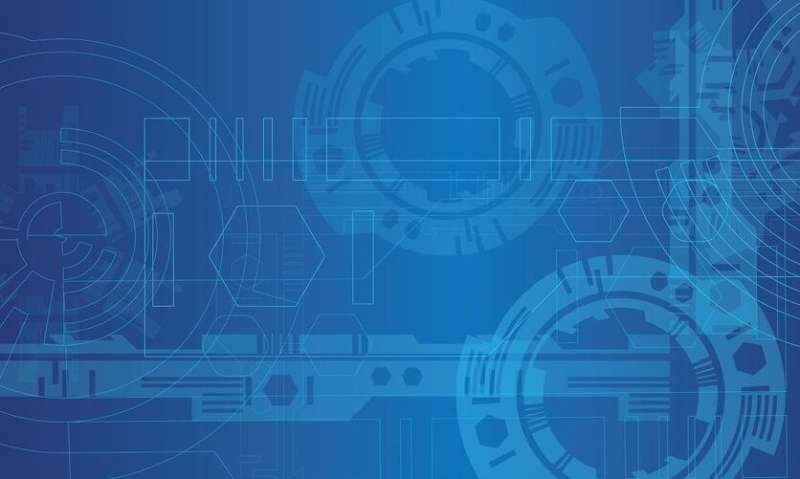Digital work design will benefit future workforce

New Curtin University-led research has found that the introduction of new technologies such as artificial intelligence, robots and automation into the workforce could potentially benefit employees, rather than replace them, if the right steps are taken.
The research, published in Applied Psychology: An International Review, examined how new technologies positively and negatively affect the way managers design work, and in turn impact employees' wellbeing, work load, job satisfaction, performance and skill use.
Lead author ARC Laureate Fellow John Curtin Distinguished Professor Sharon Parker, Director of the Centre for Transformative Work Design based at Curtin's Future of Work Institute, said it was important to address how tasks could be best shared between humans and machines, rather than focusing on how machines could replace humans.
"New technologies have the potential to bring new and exciting opportunities to the future workforce, but action is needed to ensure there are benefits for people rather than costs," Professor Parker said.
"The most publicised risk of these technologies is the removal of jobs and workers due to automation, but this is not the only risk. Technology can also disempower workers and be used to intrusively monitor their every action.
"Because of these risks, our research shows it is important to focus on how technology and work can be adapted to better meet human skills, needs and values."
Professor Parker explained how individual tasks would be automated, not whole jobs, which means it is critical to design the work so that humans and autonomous technology can work together effectively.
"When careful attention is given to work design issues, we found that the introduction of technology into the workforce can enhance people's work lives, by improving the level of control and autonomy in their jobs, the use of their skills, the quality of feedback people received, and levels of work load," Professor Parker said.
"There can also be performance and safety benefits when a human-centred approach is considered when designing and implementing new technologies. Organisations need to go beyond their predominant focus on replacing human work with digital systems and managers need to think more about how technology and people work together effectively through the design of quality work."
More information: Sharon K. Parker et al. Automation, Algorithms, and Beyond: Why Work Design Matters More Than Ever in a Digital World, Applied Psychology (2019). DOI: 10.1111/apps.12241
Provided by Curtin University



















